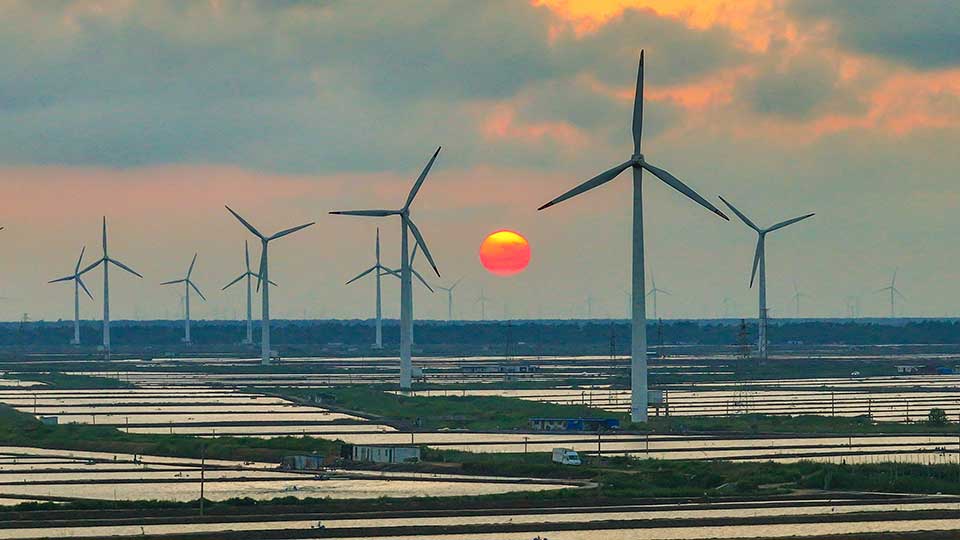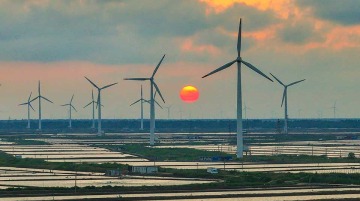
China’s domestic and overseas projects may soon become significantly greener. A groundbreaking new law — the Corporate Sustainability Disclosure Standards: Basic Guidelines — marks a potential turning point, provided it is fully implemented and enforced.
The new ESG disclosure rules represent an ambitious step — at least on paper. Issued by China’s Ministry of Finance in collaboration with nine other agencies, the guidelines outline a new framework for corporate sustainability accountability. Companies are now required to report not only on their own operations but also across their entire value chains, including subsidiaries, contractors, and suppliers. This marks a significant shift: companies will no longer be able to plead ignorance when misconduct or environmental harm occurs further down the supply chain.
Unfortunately, the rules — at least for now — do not specify the consequences for non-compliance by listed companies, nor do they clarify what role overseas stakeholders could play in holding companies accountable.
Until the rules become mandatory and enforcement mechanisms are clearly defined, there is a real risk that these guidelines will remain little more than a glossy set of standards with minimal impact on the ground.
Key aspects of the guidelines include Article 4, which expands ESG responsibilities to the entire supply chain. For example, in the mining sector, companies must report on the environmental and social impacts of their mining operations. This aligns with Article 9, which introduces the concept of “double materiality”—mandating that companies disclose not only how sustainability issues affect their financial performance but also how their activities impact the environment and society.
To produce these reports, companies are expected to engage directly with host communities and stakeholders in the countries where they operate. Article 20 also requires firms to demonstrate how ESG considerations are integrated into their long-term strategies — an especially important requirement for high-risk sectors such as mining.
China appears to be stepping in to address the long-standing environmental and social risks posed by companies operating abroad, particularly in the often controversial mining, infrastructure, and energy sectors. While the new law is ambitious in scope, whether it will lead to real change remains an open question.
For now, what is clear is that the development of these ESG disclosure guidelines forms part of China’s broader push to promote greener and more socially responsible investment. This aligns with the “small and beautiful” (小而美) model of the Belt and Road Initiative (BRI), which emphasizes projects that are smaller in scale, more environmentally sustainable, and carry lower financial risk.
A Crackdown on Greenwashing?
One of the most common global criticisms of ESG reporting is greenwashing — where companies exaggerate or fabricate their sustainability efforts. Articles 13 to 16 of the new guidelines aim to directly combat this by requiring disclosures to be “relevant, comparable, verifiable, and understandable.”
If properly enforced, these standards could significantly enhance the quality and credibility of corporate sustainability reporting.
A Big “If”
While the standards offer strong potential, their implementation appears more aspirational than guaranteed. At a press briefing in Beijing last December, a Ministry of Finance official indicated that Beijing would adopt a gradual approach rather than imposing mandatory requirements. According to the official notice, the rollout will begin with listed companies before extending to non-listed firms; start with large firms before moving to small and medium-sized enterprises; transition from qualitative to quantitative requirements; and eventually shift from voluntary to mandatory disclosures.
In other words, enforcement will be gradual — if it happens at all.
The guidelines are currently voluntary, and companies are not required to comply until China finalizes the scope and legal requirements for enforcement. In the meantime, participation remains optional. This is a significant weakness: without binding enforcement, there is a high risk that companies will either selectively report information or disregard the standards entirely.
For Global South actors — including civil society organizations and communities impacted by Chinese investments, particularly in the extractive sector — the new standards still offer a potential opportunity. If referenced during investment negotiations, regulatory processes, or impact assessments, these guidelines could help raise expectations for corporate behavior, even if enforcement from China remains weak.
However, host countries should recognize that voluntary guidelines rarely change corporate behavior unless there is strong local pressure, clear contractual obligations, and consistent public scrutiny. Regulatory enforcement by both Chinese and local government agencies is also essential.
The Bottom Line
China’s new ESG disclosure guidelines could mark an important step in regulating the overseas conduct of its companies — but only if they are enforced with real authority. For now, the rollout feels more like a cautious pilot project than a decisive effort to curb corporate misconduct.
Until the rules become mandatory and enforcement mechanisms are clearly defined, there is a real risk that these guidelines will remain little more than a glossy set of standards with minimal impact on the ground.







